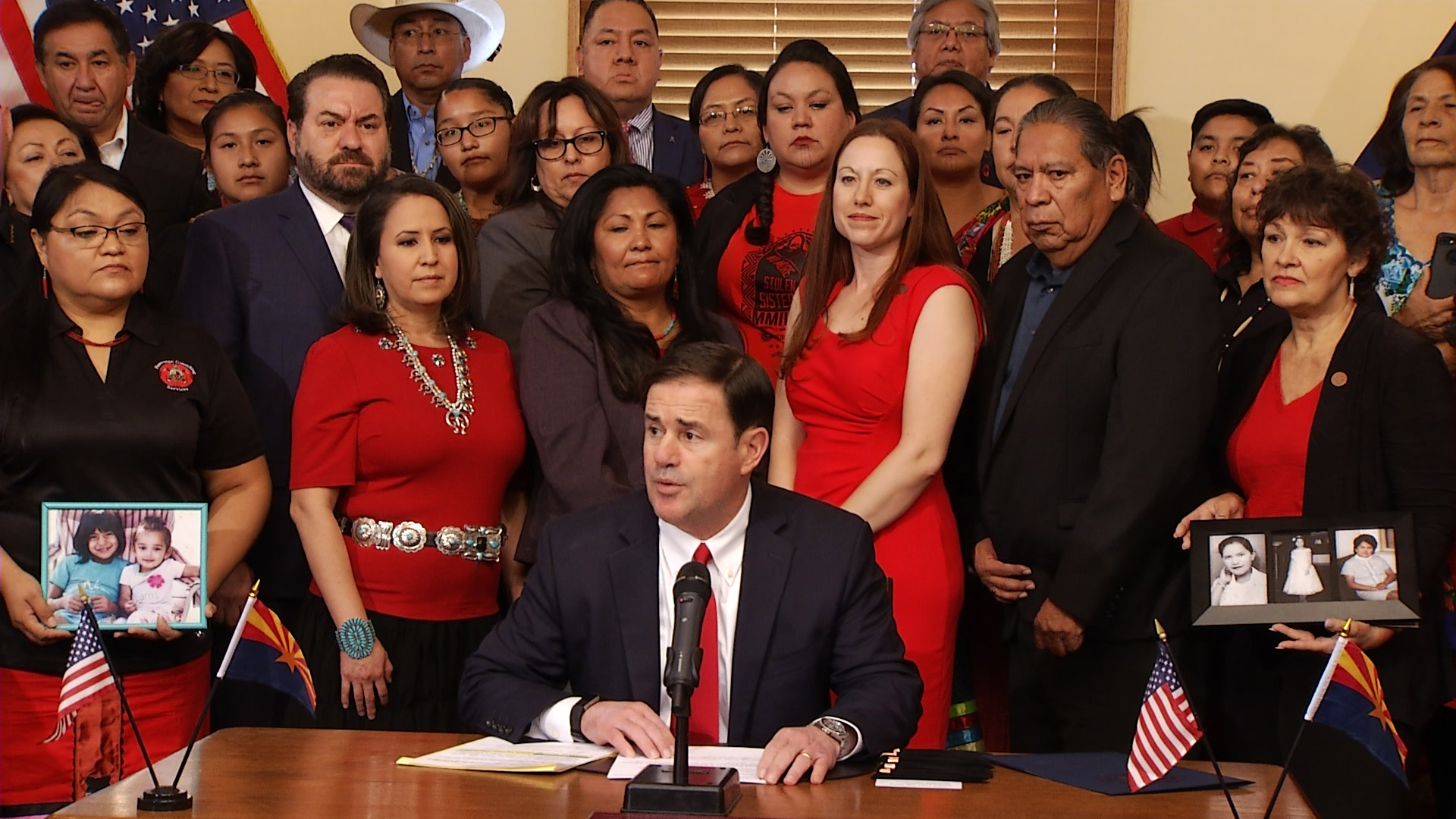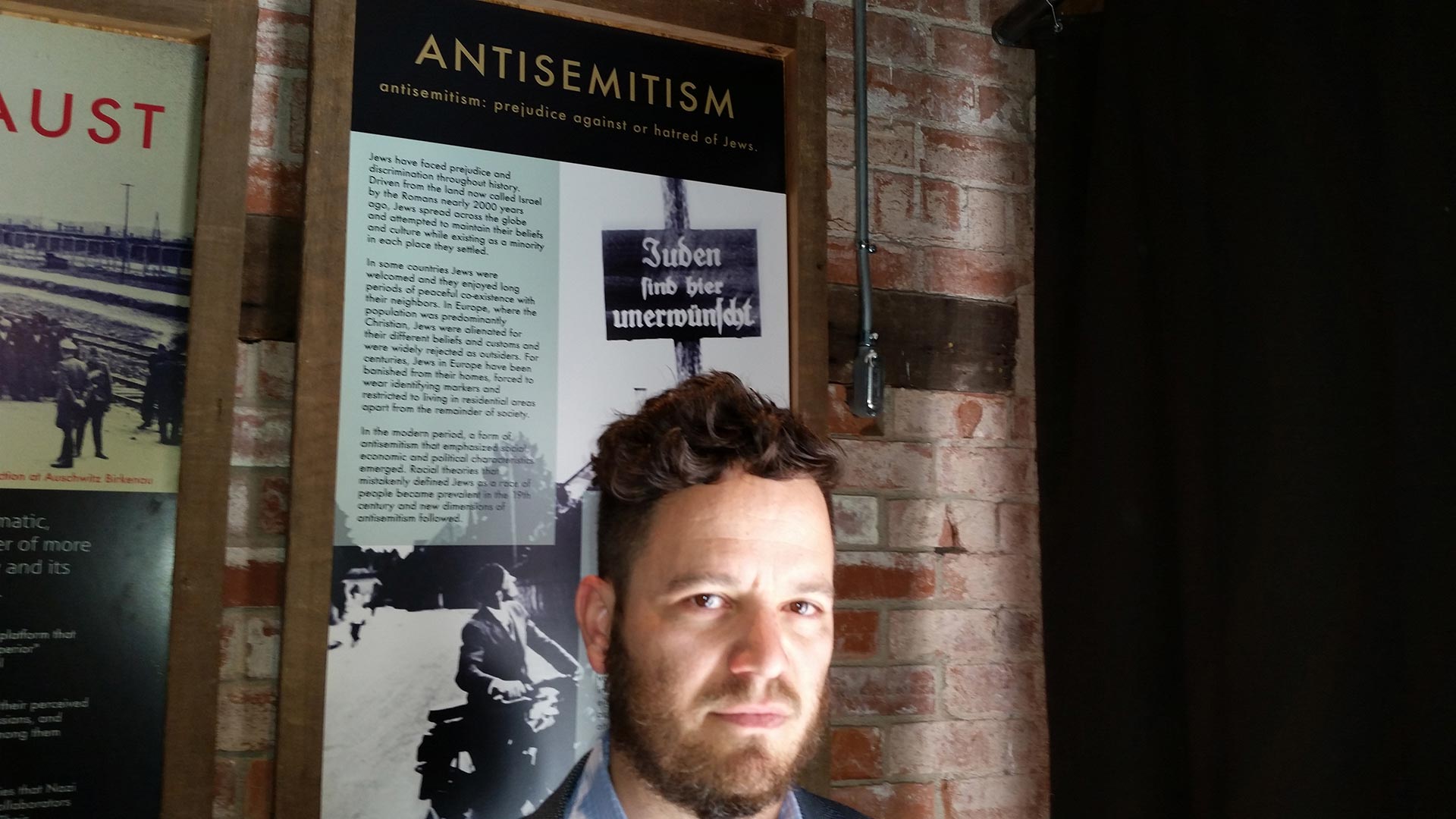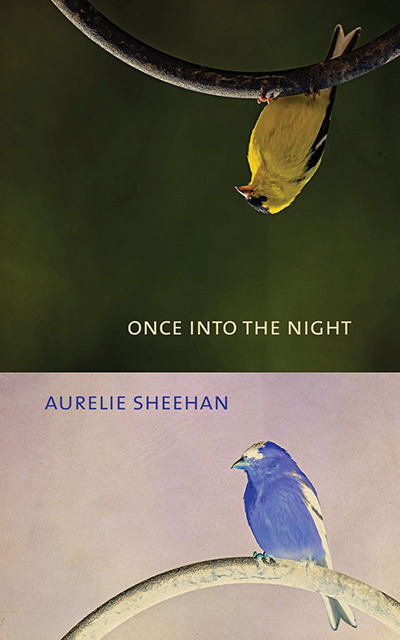
"Never again, para nadie."

Featured on the August 22nd, 2019 edition of ARIZONA SPOTLIGHT with host Mark McLemore:
- Indigenous Arizonans gathered at the Arizona State Capitol last week in support of HB 2570, law that requires the state to collect data on missing and murdered Indigenous women and girls. Emma Gibson speaks with a mother who lost her child to violence, and hears how she hopes this new law will improve the state's response.
 Gov. Doug Ducey holds up HB 2570, a law that will require the state to collect data on missing and murdered Indigenous women and girls, at the ceremonial signing Aug. 13, 2019.
Gov. Doug Ducey holds up HB 2570, a law that will require the state to collect data on missing and murdered Indigenous women and girls, at the ceremonial signing Aug. 13, 2019.
- Last week, The Arizona Daily Star ran an opinion piece titled “Now is the time for all of us to say, ‘Never again para nadie’”. Bryan Davis, the director of The Jewish History Museum and The Holocaust History Center in Tucson, explains why he says now is the time for multiple communities facing discrimination to support each other.
 Bryan Davis, Executive Director of Tucson’s Jewish History Museum/Holocaust History Center used to work with youth on “reconciliation conferences” after acts of anti-Semitism occurred in schools. He says usually they were rooted in ignorance, or were a cry for help.
Bryan Davis, Executive Director of Tucson’s Jewish History Museum/Holocaust History Center used to work with youth on “reconciliation conferences” after acts of anti-Semitism occurred in schools. He says usually they were rooted in ignorance, or were a cry for help.
- Endangered Species Act, signed into law by Richard Nixon in 1973, currently provides protection for 43 species of animals and 21 species of plants in Arizona. This month, in the name of “modernization”, secretary of the interior David Bernhardt announced changes to the way that the law will be implemented going forward. These changes weaken many safeguards regarding habitat, and make it more difficult to add new species to the list. Randy Seraglio, conservation advocate, of The Center for Biological Diversity talks with Mark about the impact this could have on the ecology of Arizona.
 Jaguar that rancher Warner Glenn encountered and photographed in 1996.
Jaguar that rancher Warner Glenn encountered and photographed in 1996.
- And, "The Suit", a very short story from Tucson-based author and UA creative writing professor Aurelie Sheehan. Her fiction collection Once into the Night contains 57 short stories, ranging in length from 2 sentences to 3 pages, each written from the first-person perspective of a different character.
 VIEW LARGER "Once into the Night", by Aurelie Sheehan, published by FC2 & The University of Alabama Press.
VIEW LARGER "Once into the Night", by Aurelie Sheehan, published by FC2 & The University of Alabama Press.
Eds.: The bill type has been corrected in this story.


By submitting your comments, you hereby give AZPM the right to post your comments and potentially use them in any other form of media operated by this institution.